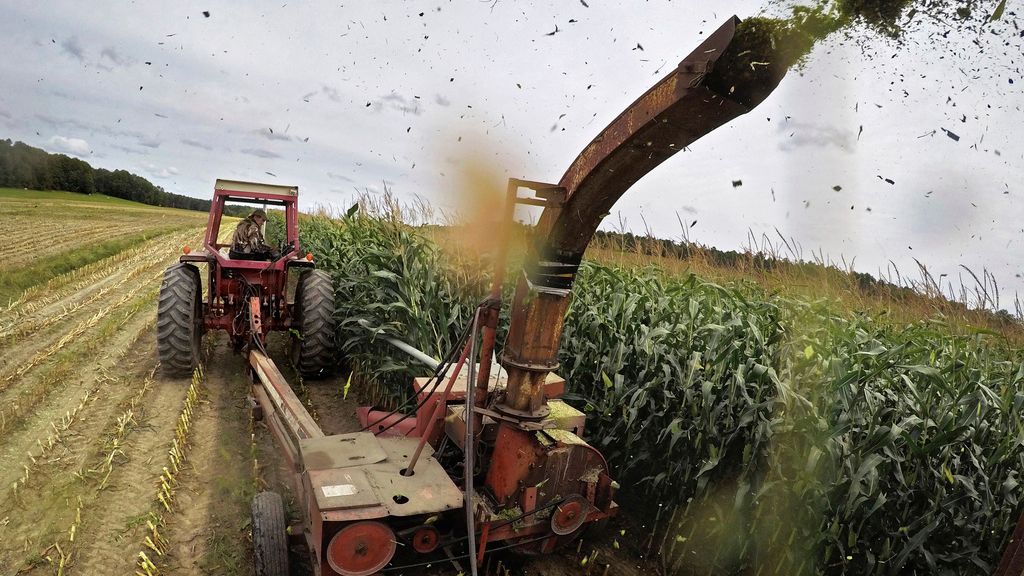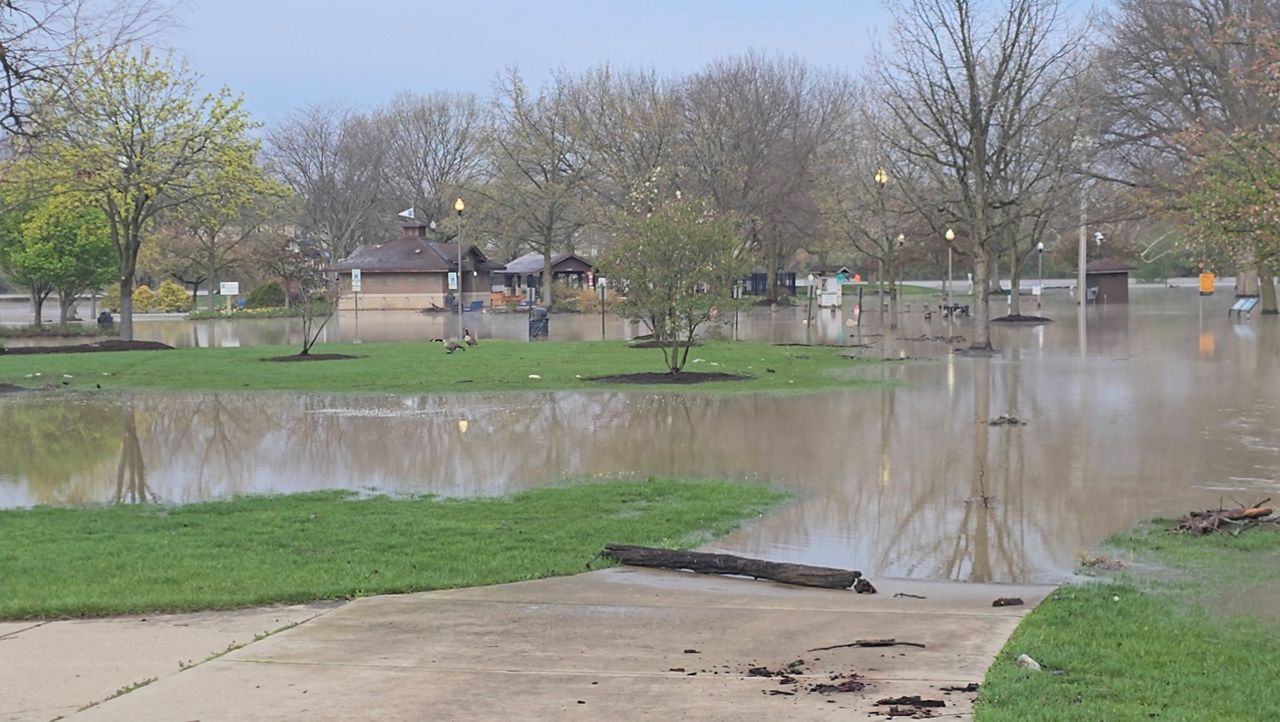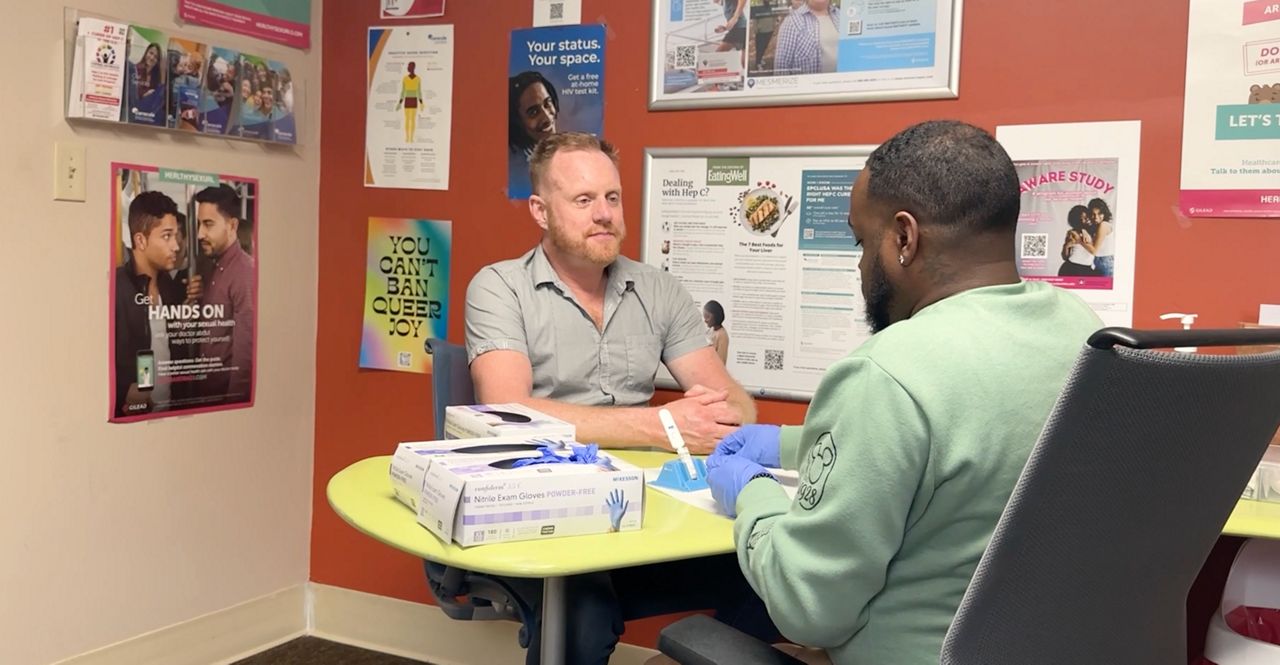CLEVELAND — City and county health departments across the state are now feeling the pinch of federal budget cuts, after the U.S. Health and Human Services Department announced it would be slashing $11 billion in COVID-era grants that funded substance use treatment, mental health services, efforts to track infectious disease and more.
Cleveland’s Public Health Director, Dr. Dave Margolius, says the cut is so far only affecting a few grants in Ohio, but the impact is already being felt. His department is losing money that was allocated to promote vaccines for respiratory illnesses like the flu or COVID.
“We've signed into contracts with community partners like radio stations and billboard companies, and other folks out in the community who are expecting us to fulfill these contracts,” Margolius said. “And when the federal government decides abruptly to cut that money, that means we have to, in turn, call our partners and say, ‘Hey, I'm so sorry about that money that we entered in a contract, but we can no longer give you because what the federal government's doing.”
In a statement last week, HHS said “the COVID-19 pandemic is over, and HHS will no longer waste billions of taxpayer dollars responding to a non-existent pandemic that Americans moved on from years ago. HHS is prioritizing funding projects that will deliver on President Trump’s mandate to address our chronic disease epidemic and Make America Healthy Again."
In Summit County, Public Health Commissioner Christopher Barker said they’re losing three grants — for infection control training, improving community outreach and renovations in their lab. Two of the grants were nearing their scheduled end date, but one was meant to run through the end of this year.
“The enhanced operation grants is where we had a little bit of the impact on salaries that were allocated in some of our initiatives,” Barker said. “With the enhanced operation, we had funding towards a mobile vehicle that we were paying towards, and then, an initiative to help with our integration into Epic. So, now we just have to explore other funding sources for that.”
Barker said they so far have been able to manage the changes, but are staying alert in case more cuts come through.
Lorain County Public Health Commissioner Mark Adams said his team is losing funding that supported salaries for disease intervention specialists who help with contract tracing and case investigations, a job that he says is needed, even in a post-COVID landscape.
“Even though we're losing about $240,000 a year out of that disease intervention piece, that's how you stop disease. That's not going to go away,” Adams said. “So what we did is we made cuts in other places to keep that going. We have the ability to do that. Not every health department has the ability to do that.”
While each of these departments have found ways to manage their budgets so far, Margolius said cuts to programs like SNAP, food banks and other agencies that support community wellbeing also have an impact on their work.
“it's just across the board, this kind of fear and chaos,” Margolius said. “And, we're trying to be the rock through this. And we recognize that we want to be agents of our own future, but the uncertainty, the lack of responsiveness, the lack of a strategy is, is making that really challenging.”
Democratic attorneys general in 23 states and the District of Columbia are suing the Trump administration over the decision to cut these grants — calling the move an overreach of power.












